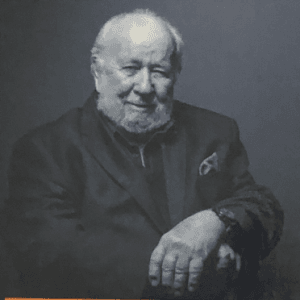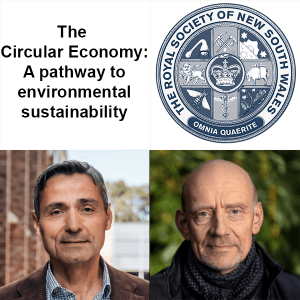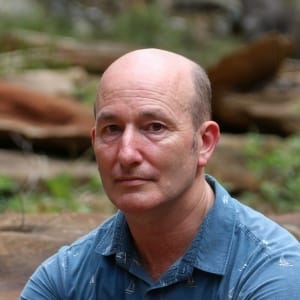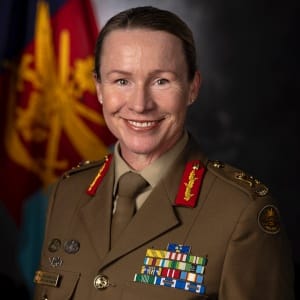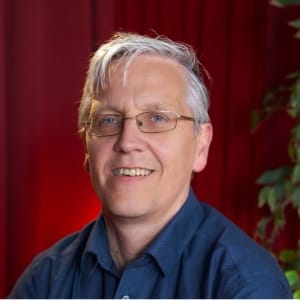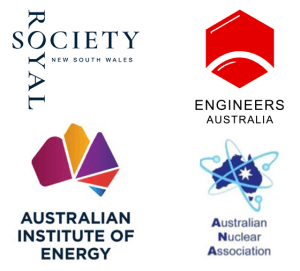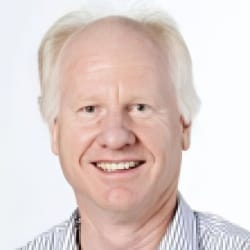
 “Electrical Energy Supply. So what’s all the fuss about”
“Electrical Energy Supply. So what’s all the fuss about”
Professor Colin Waters
Professor of Physics
University of Newcastle
Date: Thursday 26 October 2023, 5.30 pm (AEDT) for a 6.00 pm start
Registration: Registration is required by 5.00 pm on Wednesday 25 October 2023 through Membes. Max: 100 people
Venue: Hunter Room, Newcastle City Hall, 290 King St, Newcastle NSW
Entry: Society members, $15; Non-members, $25; Students, $5
Enquiries: Via email to RSNSW Hunter Branch Secretary (Prof. Philip Bolton)
Society Members, Fellows, and members of the public are welcome
Summary: The different technologies, uses, and costs of electricity generation are common themes in the media. The questions and government comments range from the selection of fuel mix (e.g. coal, gas, renewables), sufficient capacity, carbon net-zero targets, rooftop solar and ‘renewable’ energy strategies. This complex and multi-faceted topic will be tackled in three stages. These are: i) a first principles foundation explaining the language of energy generation and use, ii) a survey of electrical energy generation and conversion including coal/gas, solar, nuclear, hydro, gravity, wind, and tidal technologies, iii) aspects of environmental and business case metrics as related to electricity generation options.
Professor Colin Waters is internationally recognised for his research in space physics which combines interests in remote sensing, multi-dimensional ground-based and spacecraft sensor data analyses, and energy conversion and transport in the near-Earth space environment. He is a director of Tentacle CMI, a data analytics company that provides data-based prediction-as-a-service and tackles difficult problems in data analytics. He has a PhD in space physics from the University of Newcastle and has taught undergraduate and postgraduate University students for 30 years. He has served in administrative roles including Bachelor of Science convenor, Assistant Dean of the Faculty of Science, Head of School (Maths, Physics, and Statistics), in addition to serving as an Associate Editor for the Journal of Geophysical Research – Space Physics.


